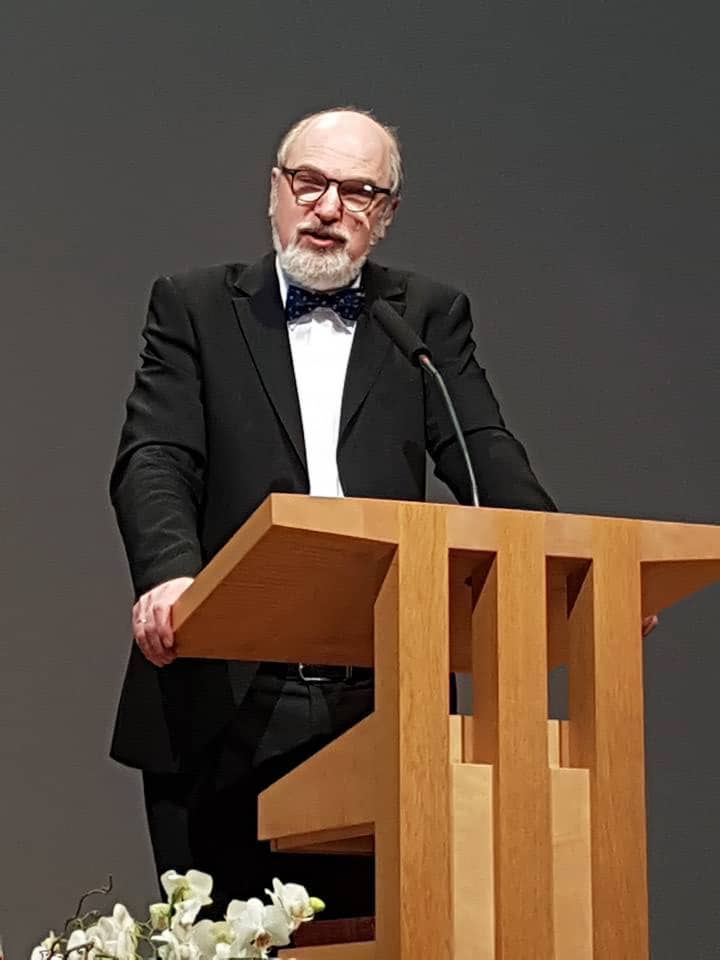Recent attacks on Christians in Burkina Faso have indicated a new frontier for violence in the conflict-struck country. While Islamist militant groups such as Ansarul Islam have continued to attack any vestige of the State in the northern region of the country, other Islamist outfits, such as the Group for the Support of Islam and Muslims (JNIM), currently active across the Sahel, has carried out attacks in the capital Ouagadougou and elsewhere. The series of attacks on Christians, however, indicate an intensification of Islamist violence on the Christian community in Burkina Faso, which is more than 60 percent Muslim, but with a substantial Christian population of about 20 percent.
Spiraling extremism and violence
In three separate incidents, assailants killed 16 Christians in the span of two weeks in Zimtenga, Dablo, and Silgadji. The attacks on the Christian community is following increased communal violence between armed groups and tribes in the country, which has resulted in the displacement of over 70,000 people in the past two months. According to the United Nations, the country is presently facing an unprecedented humanitarian crisis affecting some one million people. Since 2018, a State of Emergency has been declared in 14 out of 45 provinces in the country.
Since early 2016, in a flood of attacks, armed groups have ambushed government offices, schools and carried out assaults on public places and executed those suspected of collaborating with the authorities. In March 2018, simultaneous attacks by Islamist militants on the French Embassy and the national army headquarters resulted in the death of eight members of the security forces. The attacks were claimed by the JNIM, a coalition of Jihadi groups in the region linked to al-Qaeda. According to the Africa Center for Strategic Studies, groups related to the Islamic State and Al Qaeda conducted 137 attacks in 2018, up from 12 attacks in 2016. In April 2019, Islamic State leader, Abu Bakr al-Baghdadi recognised the Sahel as a new priority for the group and welcomed the growth of new affiliates in Burkina Faso and Mali.
The rising wave of violence led to the resignation of the prime minister, Paul Kaba Thieba and the government in January 2019. Despite the appointment of Christophe Dabire as prime minister by President Roch Marc Christian Kabore, the violence, however, has continued unabated. According to military analysts, the escalation of violence in Burkina Faso reflects an overspill of violence in neighboring Mali. For instance, counter-terrorism operations by French forces in Mali have forced Islamist groups south, into Burkina Faso. Moreover, compounding issues further, abuses by Burkinabè security forces have empowered Jihadi groups and fueled their recruitment work. These armed Islamist groups have also successfully exploited grievances among impoverished local populations.
It is widely believed that former President Blaise Compaore–who ruled for 27 years, but ousted in a popular uprising in 2014–had made arrangements with rebel groups in the region, allegedly providing them with logistical support in exchange for their neutrality. This effectively kept the violence out of the country. However, following the election of President Kabore, there has been a visible upsurge of violence, marking an apparent break down in the deals made by President Compaore.
Curbing the threat of extremism and widespread violence
How can the violence against Christians in Burkina Faso be curbed? The attacks on Christians in Burkina Faso should be viewed in the larger context of spiraling communal violence, increasing Islamist activity in the region, and a weak security apparatus in the country.
In order to curb the violence, it is imperative for the government to take proactive measures to strengthen its security forces. The country’s international partners could play a crucial role here by stepping up its military assistance to the country. However, while the strengthening of the Burkinabe security forces may provide short-term solutions, it is also essential to tackle root issues of the violence such as State abuse and corruption, poverty and other local grievances, which if left un-dealt, could result in the further spread of extremism and radicalization of impoverished local populations.
With the growth of radical Islamist elements in the country, it is critical for the Burkinabe government to recognize the threat to Christian populations. Accordingly, proactive steps rather than reactive steps are required to curb any future violence. This includes steps to heighten security for Christian churches, strengthen and expand State intelligence networks and actively combat the Islamist threat militarily through strategic counter-terrorism operations as well as ideologically at the community level through systematic efforts to de-radicalize young men and women embracing extremism.
However, with the loss of trust in the security forces due to real and perceived experiences of State abuse among local populations, it is likely that a total security solution to the problem could risk further conflict in Burkina Faso. This, in turn, could foster increased opportunities for extremist groups to acquire acceptance across local communities. Therefore, it is critical that measures deployed to curb violence should be accompanied by efforts to increase State accountability towards citizens, foster inclusive governance and improve supervision of the security forces. The international community, undoubtedly, have an important role to play here in ensuring that such efforts are part of the strategy undertaken by the Burkinabe government to curb violence in the country.
World Evangelical Alliance (WEA) Religious Liberty Commission (RLC) sponsors this WEA-RLC Research & Analysis Report to help individuals and groups pray for and act on religious liberty issues around the world. WEA has a consultative status with the UN Economic and Social Council.
This report was researched and written by José Henriques, and moderated by the WEA-RLC Executive Director, Godfrey Yogarajah. It can be used for distribution or publication with attribution to WEA-RLC.





Stay Connected